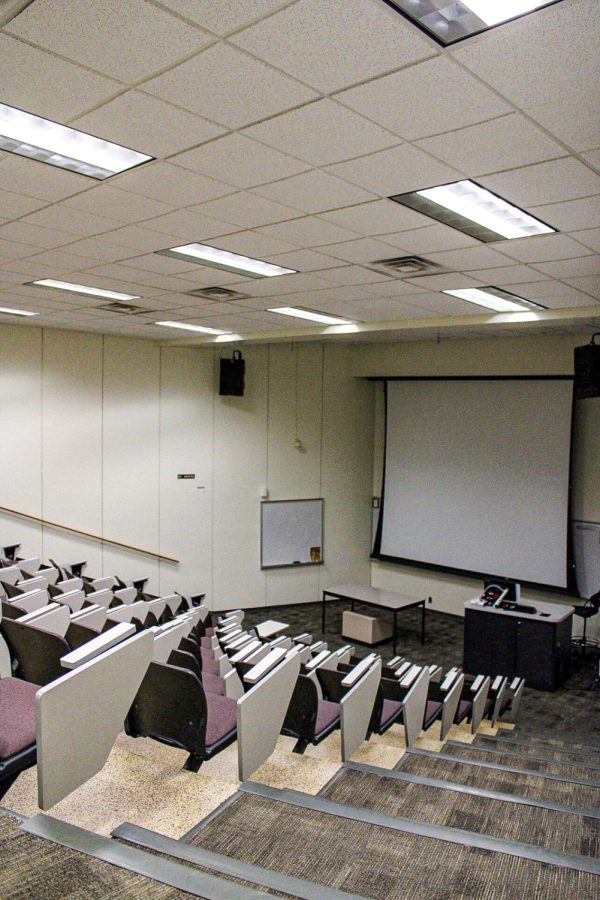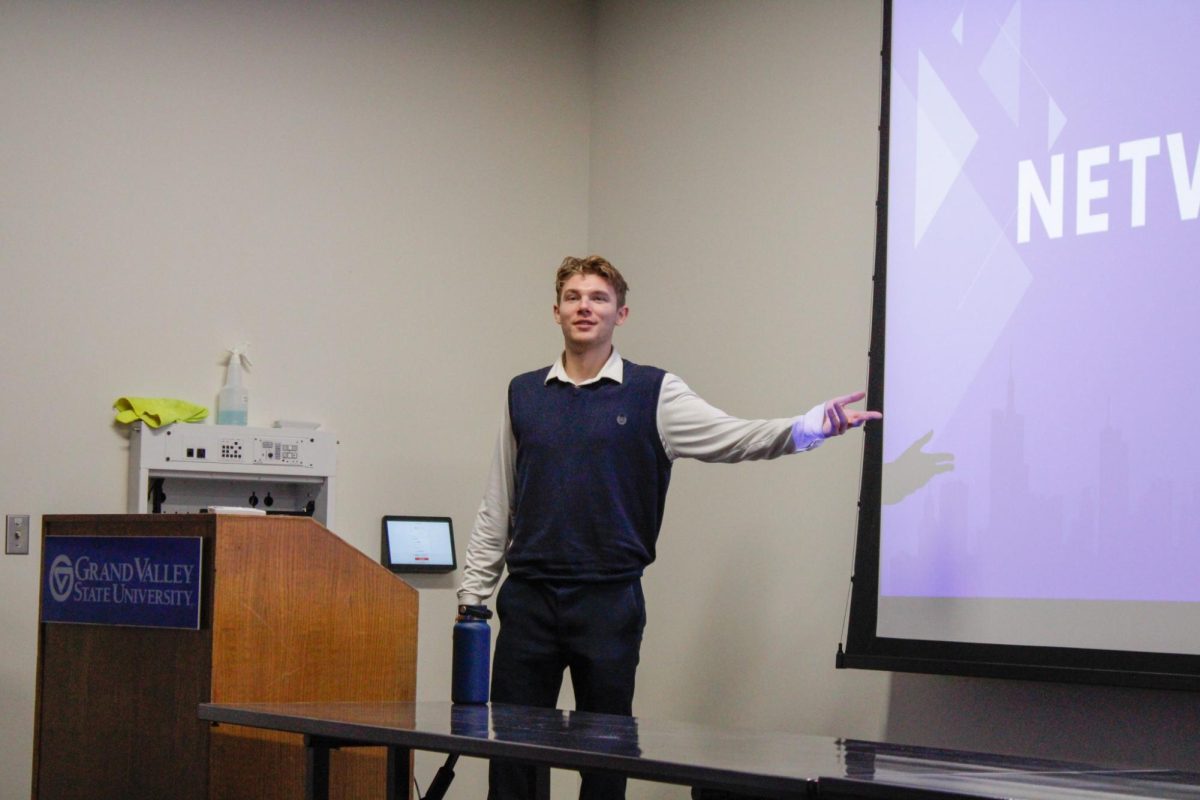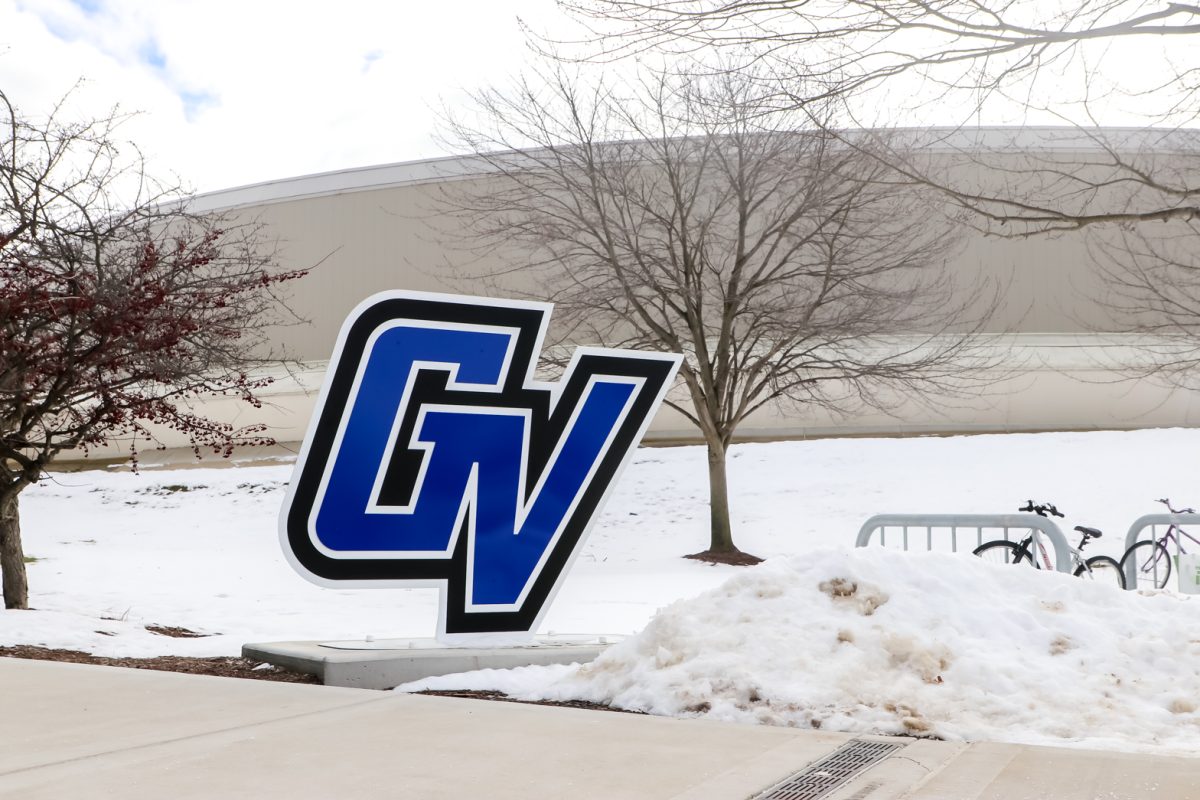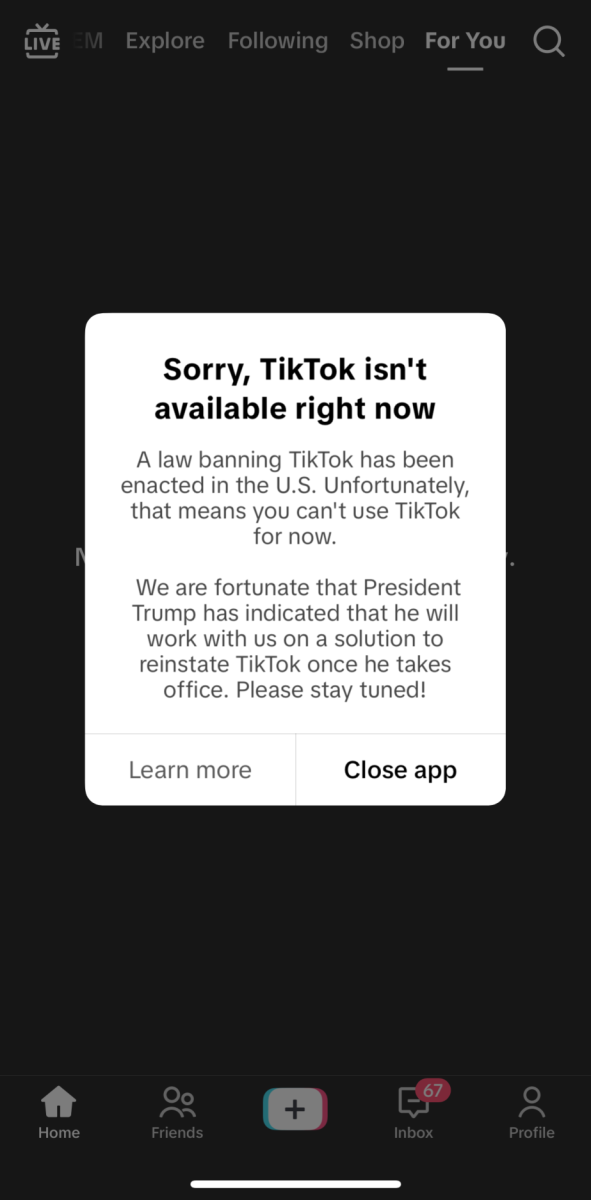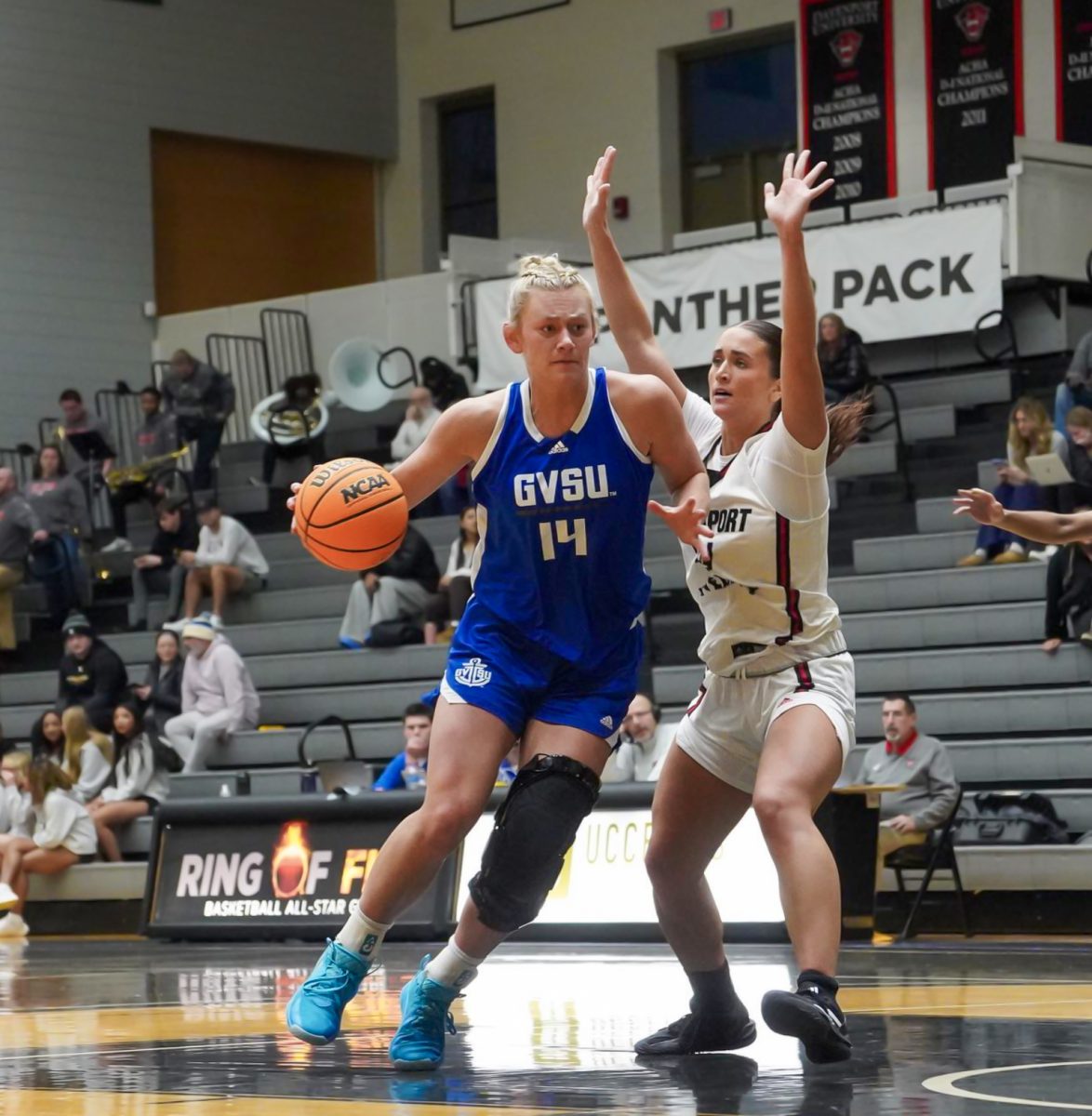MI offers new scholarships, stipends to college students pursuing teaching
Nov 7, 2022
The state of Michigan recently announced fellowships and stipends through the MI Future Educator Fellowship Program aimed at supporting future educators and student teachers.
In addition to a $10,000 scholarship, the MI Future Educator Student Teacher Fellowship is a program that supports Michigan’s student teachers as they continue their journey toward being in the classroom full-time. This stipend provides up to $9,600 per semester to cover student teaching expenses.
Rick Vandermolen, an associate education professor at Grand Valley State University and a former principal, described the effects the fellowship and stipend may have on the field of education.
“From a talent management standpoint, we need to attract more candidates to the field,” Vandermolen said. “If we believe in public education, we must have a strategy to ensure that the ‘pipeline’ for quality educators is strong.”
There are many advantages to the program, according to officials. The teacher shortage in Michigan in recent years has brought fewer people to the education field. These initiatives are meant to attract future educators and make the field more appealing.
“Upsides are the possible attraction of more students to the field of education. More candidates are looking at the possibility of this profession as a career,” Vandermolen said. “(Benefits could include) some debt relief for students in this area of study and recognition that a strong school system in our communities across Michigan is connected to economic wellbeing. Investing money like this has the potential to attract high-quality candidates to the field.”
The fellowship and stipend offered by the new program have given some students like GVSU junior and history education major Lily Camp hope that they will be able to sustain themselves in their desired career path.
“They can help me afford to live and pay for things I need because, during your student teaching, you cannot have a job,” Camp said.
Students entering the education field may feel a financial burden. Camp said these initiatives could help to provide support for students when they experience a financial burden in their journey to the classroom, such as when they are student teaching.
“(The stipends and fellowships are) more like recognition for the choice they made,” Vandermolen said. “It is affirming and recognizing that costs are a burden in this career choice. Depressed salaries in many places for teachers make it hard to pay loans on a salary that in most places cannot keep up with the cost of living in Michigan. It really is a relief package on some of the debt they are incurring while completing their degree program and certification.”
With Michigan continuing to face a growing teacher shortage, some future educators are discouraged from entering the education field. The goal of these initiatives is to encourage future educators and student teachers to continue on their career paths. Still, for some, it may not be enough.
“They are appealing to people considering this field, but it’s not the only thing people see, such as why there is a teacher shortage,” Camp said. “There are many reasons behind the shortage and giving teachers and education majors money for it is nice, but the things they go through on a daily basis might not be worth it.”
While Camp believes these initiatives are a step in the right direction for the field of education, Vandermolen said there are a few important things to note with these initiatives.
“It is important to recognize that the state budget right now can afford these types of initiatives,” Vandermolen said. “When budgets are tight in the future, will this remain an important initiative?”
Besides the state funding for these initiatives, another important aspect to consider is that even though these initiatives are meant to attract more future educators, there is still work that needs to be done once people are in the field of education.
“The other important aspect of initiatives like these is that, while it is encouraging that policymakers see the importance of these initiatives to strengthen the educator pipeline, it is still only one part of the education sector,” Vandermolen said. “A good ‘attraction to the field’ strategy, but talent management is so much more. Onboarding and retention strategies for schools to keep educators in the field are also important.”
Sustained attention on improving the state’s education system and policies, Vandermolen said, is essential to rectifying the shortage and encouraging educators to enter the field and stay.
“Supporting schools to keep high-quality educators must also be a priority,” Vandermolen said. “Recipients of these grants commit to working in Michigan schools, yet we must also recognize that the conditions of the work as a teacher in Michigan can be difficult, even though it is a rewarding career. The impact on young lives and their learning is such a great reward for the work.”
The MI Future Educator Fellowship program’s initiatives, Vandermolen said, are good steps towards increasing the number of future educators, but it’s only the beginning.
“I believe these initiatives are an excellent start to address the concerns with the educator shortage but let’s understand this does not get us to the bold vision of ‘every child in every classroom in Michigan receives high-quality instruction from a high-quality educator, every day,’” Vandermolen said. “It is a start.”




